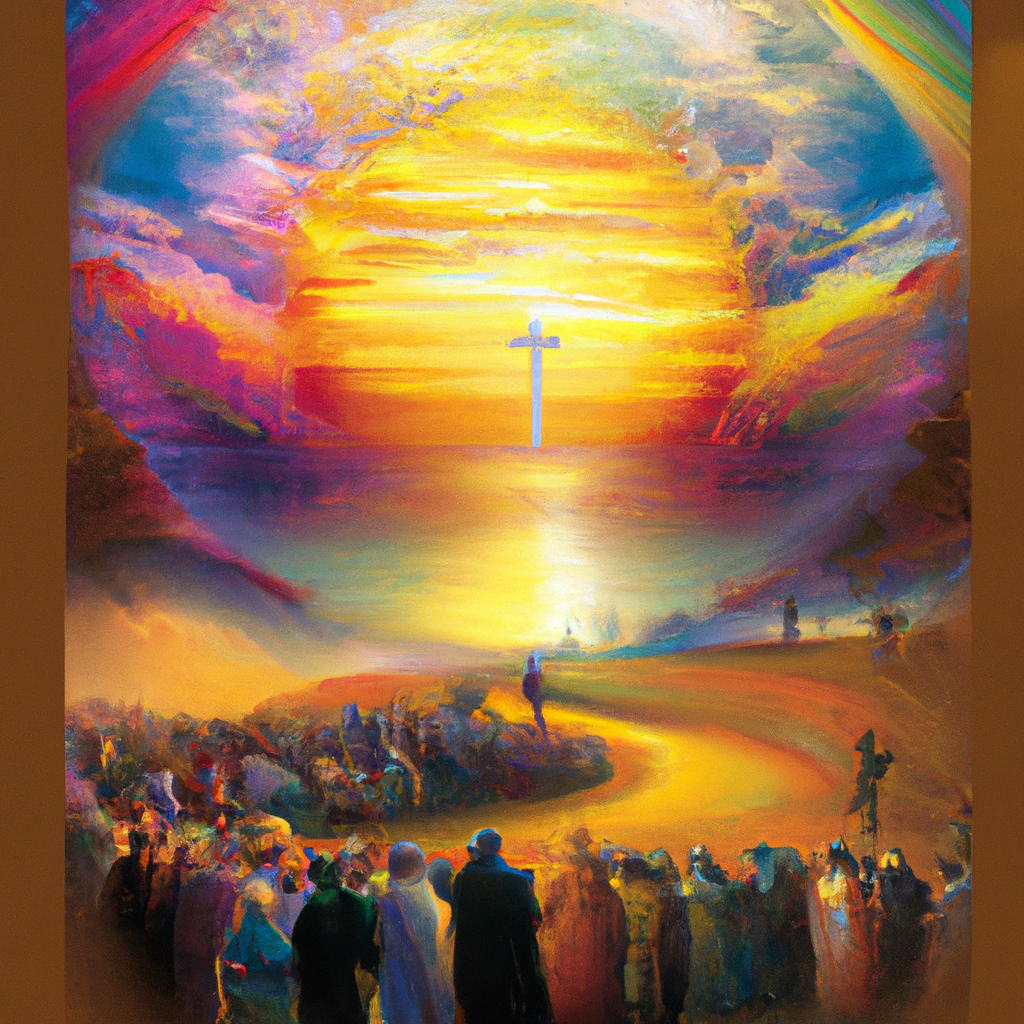December 17: Luke 17 Devotional
We are drawn into an intricate dance with sin, faith, and duty and then spun into a whirlwind of gratitude, healing, and anticipation. It’s a chapter that leaves us dizzy and enlightened at once, heavy with responsibility yet weightless under His grace.
Sin, Faith, and Duty
These three words may seem unrelated at first glance, but in Luke 17, Jesus intertwines them to reveal profound truths about our relationship with Him.
Sin
Luke 17 starts with Jesus’ teaching about sin. It’s not the kind of flat, one-dimensional sin we are used to hearing about, like, “I ate chocolate even though I am on a diet.” No, we’re talking heavy-duty sin here, the type that acts like an unwanted house guest who never gets the hint to leave.
In this chapter, Jesus tells his disciples that it is impossible to avoid sin entirely. He acknowledges the reality of stumbling blocks and temptations in life. Sin is a universal struggle; we are not exempt from its grip. However, Jesus clarifies that what matters most is how we respond when confronted with sin.
Faith
He emphasizes the significance of faith, which is genuine, unwavering trust in God’s power and goodness. When faced with temptation or trials, our faith becomes an anchor to keep us grounded in truth and righteousness. Through faith, we can resist sin’s allure and remain steadfast in our commitment to follow Christ.
When you thought He was finished, the Lord dropped another pearl of wisdom, saying that faith has nothing to do with quantity but instead with its unfailing presence. Therefore, faith is not a seasonal crop but a perennial plant, blossoming regardless of the hardships and bearing fruit in the most promising and daunting times.
Duty
Now imagine, if you will, a scenario. You’ve been working in the fields all day, and it is finally time to sit down for dinner. But before you can dig into your steaming meal, the master declares that it is not time to eat. Instead, it would be best to serve him his meal, and then you can eat. You’ve essentially performed double duty, but in this case, you’re expected to be thankful for the opportunity to serve.
Jesus uses a powerful analogy of a servant serving his master diligently without expecting praise or special treatment. Similarly, as followers of Christ, we are called to faithfully fulfill our duties without seeking recognition or reward from others. Jesus shows us that acknowledging our sinful tendencies while cultivating unwavering faith leads us to perform our responsibilities as faithful followers, loving God wholeheartedly and others selflessly.
Jesus Heals Ten Men with Leprosy
Then comes the miraculous healing of ten lepers, which underlines the transformative power of faith and the essence of gratitude. The ten men cried out for mercy when they saw Jesus passing by. Recognizing their desperate need and profound faith, Jesus directed them to present themselves to the priests, an act required for reintegration into society once healed. Without hesitation, these men obeyed without knowing if they were already healed. As they went to see the priests, something incredible happened! Miraculously, all ten were cleansed from leprosy! Can you imagine how overwhelmed with joy and gratitude they must have been? Their lives had been forever changed by encountering Jesus. However, what happens next is both surprising and disheartening. Only one of the ten, a Samaritan man despised in that culture because of his ethnicity, returned to thank Jesus. This grateful man fell at Jesus’ feet and praised God loudly for his miraculous healing.
This account reminds us to pause and acknowledge blessings, express gratitude for our healings, and understand that these are grace-filled responses to God’s love and mercy.
The Coming of the Kingdom of God 
The concept of the Kingdom of God is central to Jesus’ teachings. He often spoke about its arrival and a new peace, justice, and love era. Jesus tells them that the coming of the Kingdom will not be like a grand spectacle that everyone can see. It will come with something other than signs or fanfare. Instead, he explains that the Kingdom is already among them, in their midst. Jesus beautifully captures the essence of the Kingdom of God, stating that it isn’t something we can see or point to because it resides within us all.
As believers today, we, too, are called to seek first the Kingdom of God (Matthew 6:33). We are invited into a new way of living where we prioritize what matters most, considering eternity. Our actions should align with heaven’s values rather than worldly pursuits.